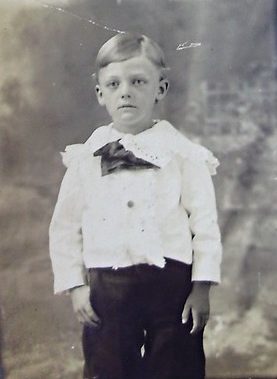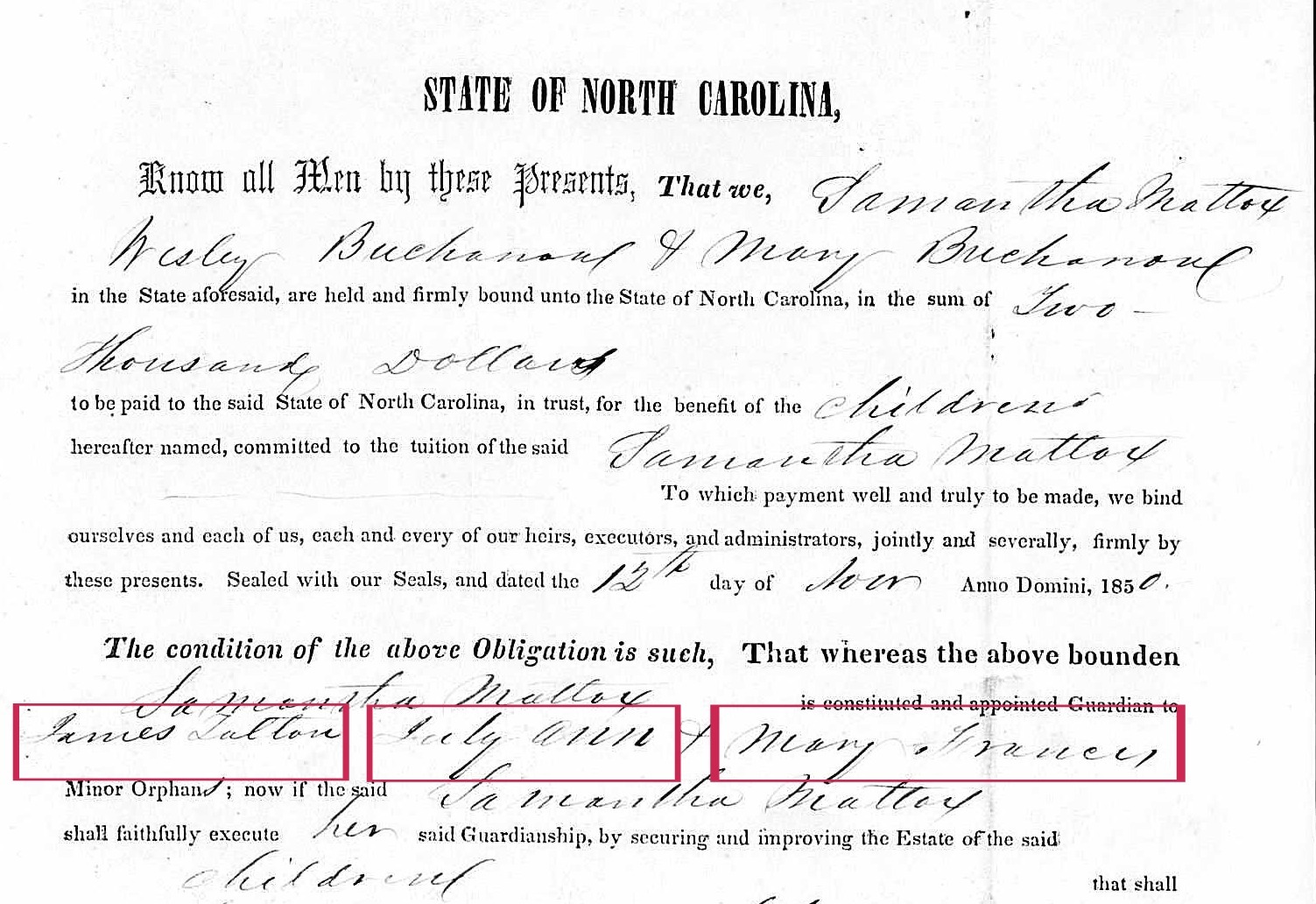
How To Research Your Ancestor’s Estate Record
***Please note that this post contains affiliate links which means I may earn a commission if you decide to purchase a product/service. This does not cost you extra. Be assured I only recommend products/services that I use and think you would like too. Read my disclosure policy and privacy policy.
Researching your ancestor’s estate record can provide a gold mine of information and give your genealogy research a boost! A common source of genealogical information, I daresay estate and probate records are among some of the first records a researcher seeks out.
Why?
Well, you certainly find information on the deceased, but more often I am after information about any other family members and/or members of the community that are mentioned. Multiple generations, neigbors and those associated with the family can also be found among the pages of an estate record.
And…
If your ancestors were contentious and tended to sue each other over an estate, even better. Well, maybe not for your ancestor’s family. For you the researcher? A family squabble over an estate created a lot of records and a paper trail.
But I have to ask….
Are you getting all of the information when you research your ancestor’s estate record? Are you missing vital clues that could further your research?
Absolutely, I have missed information and clues to the next step in my research. In fact, the estate record for Calvin Maddox taught me just that. Maybe Calvin’s record can help you with that, too.
Calvin Maddox died in Chatham County, NC in prior to November 1848. He was a young man leaving a wife and three young children at his death. He appeared right where he should be alongside his relatives with the last sighting in the 1840 census and his father’s will in 1844.
Since Calvin died relatively young, he did not leave a will. While this may not have been good for his family, an intestate estate (when you ancestor died without leaving a will) generates more paperwork and records which is good for the genealogy researcher.
More estate records = More Genealogical Clues!
The Types of Information Found In An Ancestor’s Estate Record
1. Death Information on the Deceased
An estate record is sometimes the only record documenting an ancestor’s death date. The date may be specifically stated or just the year may be stated.
For the Calvin Maddox estate, one of the earliest administration papers shows his wife Samantha petitioning the court for her widow’s provisions in November 1848. The document states Calvin died that same year. No month or day is provided, but that’s okay. We can still infer Calvin’s death date is between Jan and Nov of 1848. In all likelihood, he died after the previous quarterly court session. Sometimes this is as close as you can get.
2. Family Members of the Deceased
Family members of the deceased can be found in an estate records. After all, settling the estate is the process of distributing the deceased’s property and possessions – usually among heirs and family members. If no will exists, distribution of property and money follows the state laws of that time.
Immediate family members such as a spouse and children are typically found named in the record. For the wife, her married name is used. Children (if any) will be named. If a married daughter is named, often her husband will be mentioned beside her, but not always. Still you can learn her married name. When you know the married name of a daughter, the search for her marriage record can be easier.
Genealogy Tip – Just because children are named, the list does not imply these are ALL of the deceased’s children. Adult children who have left the area and have been gone many years, may not be named. On the other hand, the estate record is an excellent place to find previously unknown children named – minor or adult children.
In the case where the deceased leaves minor children, you can estimate ages or age ranges for the children. First, you mush know the definition of a “minor child” in the state where your ancestors lived. Typically, if a child was under the age of 21, he or she was considered a minor. In some locations, a minor’s age limit could differ if the child was a male or a female. In any case, if the deceased left behind minor children, a guardian was named. Typically, this was the mother, an older “of age” sibling, uncle or grandparent.
Be sure and follow up with the guardianship records for the minor children. A guardian was required to present to the county court at specified intervals, an accounting of how the minor’s portion of an estate was being handled. It is possible to follow the trail of guardian records until a child ages out of the guardianship.
Genealogy Tip: Familiarize yourself with estate and guardianship laws for the time period and location where your ancestor lived. Over time, the laws of inheritance changed and knowing how decisions were made for your ancestor’s estate is crucial to extracting all the information possible.
In our example, Calvin Maddox did leave 3 minor children at his death in 1848. Part of his estate record includes this guardianship bond naming Samantha Maddox as their guardian.
In this example, Samantha Maddox entered into a bond with her brother Wesley Buchanan and her mother Mary Buchanan which named Samantha the children’s guardian.
Reading on down we find the name of the Calvin’s three children: James Talton [Tarlton], July Ann and Mary Francis. Prior to finding Calvin Maddox’s estate record, July Ann and Mary Francis were unknown children to Maddox researchers.
Collateral family members such as siblings, in-laws, and parents can be found in the a deceased ancestor’s estate record. Just from the guardianship bond example above, we find 2 collateral family members named: Wesley Buchanan and Mary Buchanan. Their relationship to Semantha is not stated in the document, but only people closely associated to you entered into bonds with you. Further research revealed Wesley Buchanan was Semantha’s brother and Mary Buchanan her mother.
Genealogy Tip: Long time readers have heard me say this before, and I’ll climb up on my soap box one more time…..
Know the identity of every single individual named in the deceased’s estate record (0r any record you find for your ancestors). These individuals were in that record for a reason. They were associated with the deceased in some way and as a researacher, you must determine why.
I know this can get a bit tedious. You may find yourself researching people not related to you at all. That’s okay. If you skip this step, you risk missing important clues and connections to further your research and find your ancestors.
[I’m stepping down off my soap box now. ]
3. Property and Possessions
When an individual died intestate (or without a will), the value of the estate needed to be determined to be able to disperse the estate among the heirs. Estate inventories and/or estate sales reveal what the deceased owned right down to the forks and the kitchen table! Researchers can get a sense of wealth and how the deceased made his living. Calvin’s estate sale shows a lot of farming equipment and he was indeed a farmer. Another estate record I worked with listed out a hat maker’s tools indicating the deceased was a hat maker.
Estate inventories and reocrds of estate sales are also good resoureces for gathering social history surrounding your ancestor and the local community. Learn more about the importance of social history in your genealogy research in Use Social History in Genealogy Research – Telling Your Ancestors’ Stories.
Note who made purchases at the estate sale. Research each individual to determine if they were family or just neighbors of the deceased. Above in this page of Calvin Maddox’s estate sale, T W Maddox was Calvin’s brother while J. C. Howard was a neighbor and not related. J. C. Howard does turn out to be a collateral ancestor of mine and therefore, his appearance in this record is important.
Clues To Research Beyond the Estate Record Or Once You’ve Finished Analyzing the Estate Record
Once you have completed your analysis of an estate record, what’s next? How do you build out your research plan to move forward?
Let’s consider Calvin’s estate record once again.
What would a genealogy researcher want to follow up on after reading the Calvin Maddox estate record?
[I bet you have a few ideas already!]
A few of the research questions to follow up on :
- What happened to each of Calvin’s children? Who did they marry? Did they have children?
- What was Samantha’s maiden name? Could it be Buchanan?
- Who exactly were Wesley Buchanan and Mary Buchanan?
- Who was T. W. Maddox? What was his relationship to Calvin?
- Who were each of the individuals named in the estate record?
Where Do You Find Your Ancestor’s Estate Records?
I’ve helped you mine an estate record for clues to further your genealogy research, but where do you find an ancestor’s estate records? Here are a few suggestions:
- State Archives – Be sure to check the archives digital collection. More and more are coming online! For example, North Carolina Loose Estate Records are available on FamilySearch.org.
- County Courthouses
- Online Databases – Ancestry.com, FindMyPast, MyHeritage, and FamilySearch.org Online databases are frequently being updated so check back often.
Now you are READY to get the most out of your ancestor’s estate records!
***Please note that this post contains affiliate links which means I may earn a commission if you decide to purchase a product/service. This does not cost you extra. Be assured I only recommend products/services that I use and think you would like too. Read my disclosure policy and privacy policy.
Enjoy These Other Related Posts
- How to Find Your Ancestor’s Death Date
- 5 Types of Genealogical Info Found on a Death Certificate
- Back to Genealogy Basics – Death Certificates














